Sarah Bolitho is a Founder & CEO at Levyl.
Managing a neurodivergent employee is not harder work, it is just different.
Let's talk about neurodiversity. Do you consider yourself neurotypical or neurodivergent?
The only difference really, is how your brain processes information, learns, and responds to different environments and social interactions.
Research demonstrates that neurodivergent individuals have strengths in creativity, innovation, problem solving, analytics and attention to detail.
This makes many neurodivergent candidates exceptional in adapting to a variety of different roles across the business spectrum.
However, despite these facts, neurodivergent individuals are 12x more likely to be unemployed or under-employed. There is also a larger conversation at play regarding ‘wrongfully’ employed.
So why exactly is this the case, and is it really that hard to embrace neurodiversity within your workplace?
Let’s explore the most common adjustments requested:
- Flexible hours or adjusted start and finish times
- The ability to work from home, at least some of the time
- A supportive team culture that is accepting of different communication styles
- Minimal or no visual distractions (busy walkaways or open plan offices, in short a manager that can be in tune with sensory needs)
- The option not to attend large gatherings, or tune into virtual meetings after the ‘small talk’ has concluded
Overall, 77% of candidates request one or more adjustments to a standard recruitment process, and a similarly low amount of adjustments on the job.
Many of these adjustments if not already mainstream, are simple to accommodate and have no associated costs.
As TA and HR professionals, it is our job to lead the way to carve out positive change to support a more inclusive and thriving workforce of the future.
Do you believe the above accommodations are possible to be met by your organisation?
If yes, we encourage you to get started now! Many organisations such as Ford, Dell, Microsoft, and EY are already seeing the benefits of embracing neurodiversity.
Don’t get left behind, reach out to our team to learn more today.

Continue reading







